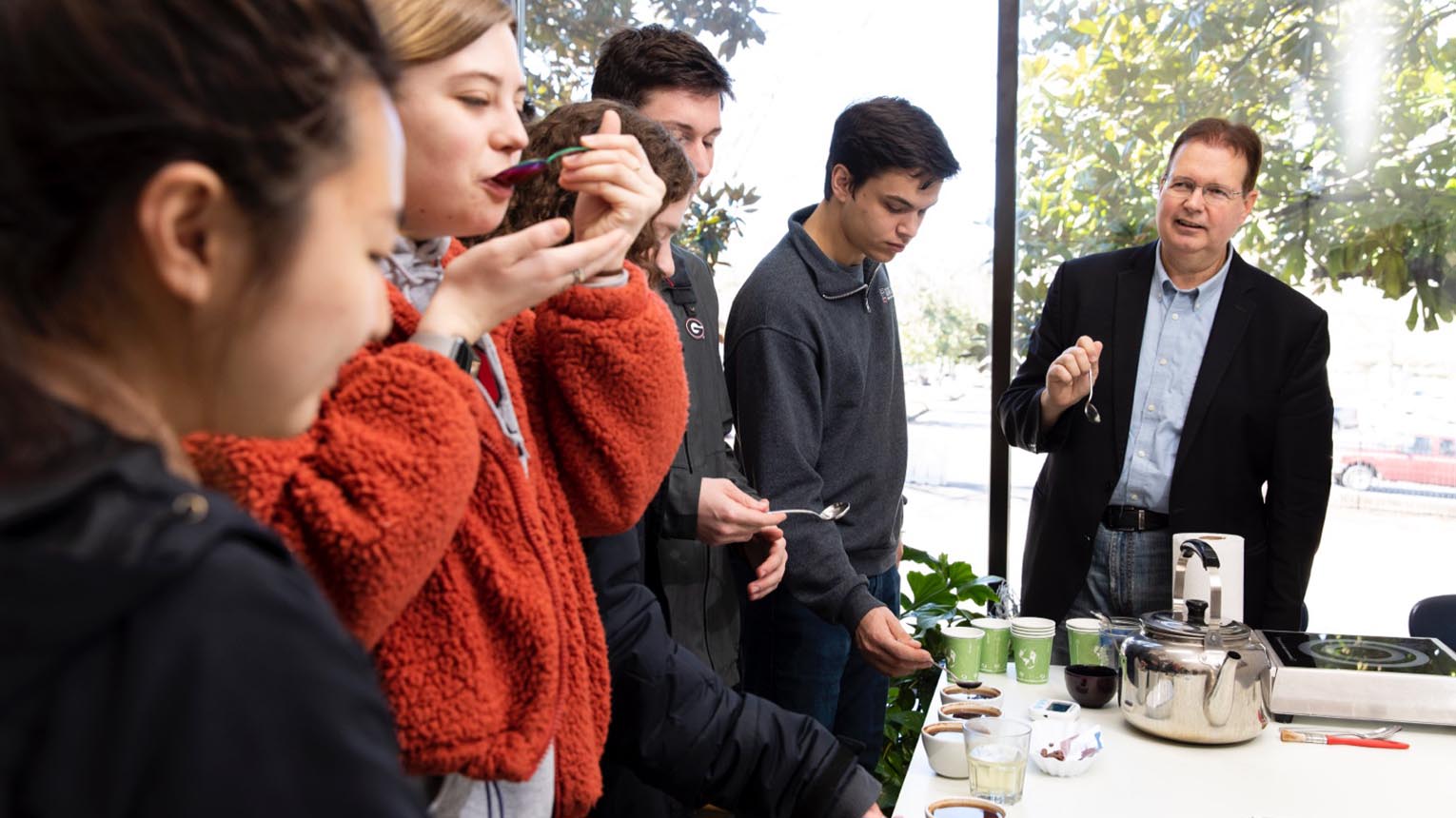Design an Engaging Seminar

First and foremost, create a seminar topic that is relevant to your research and teaching interests so that you may excite students with the passion you feel for your work.
Here are some suggestions to help you plan your seminar:
- Learning Objectives: Begin with the learning outcomes, both those of the program and those related to the disciplinary content of the seminar. Although the topic of your seminar is unique to you and your scholarship, your seminar shares the same three goals with all FYO seminars. These goals constitute the program's learning objectives. Decide on your disciplinary learning objectives, and design your seminar with these learning objectives, activities, and assessment in mind.
- Assessment: Next decide on your assessment plan. Will you rely on quizzes, tests, and a final or journaling, reflection, and a project? As you plan, it may help to remember that each seminar should include meaningful writing activities to capture intellectual dialogue. Writing activities such as reflections and journaling should encourage students' thinking and provide opportunities to sustain conversations or dialogues that follow direct classroom activities. When deciding on your assessment plan, remember that an FYO seminar is a one-credit course, which means that there should be only two hours of work outside of class for every hour of class time.
- Activities: Make a class-by-class schedule of events that will support your assessment plan and ensure that students meet the learning objectives you have identified. What will happen during class? Will it be a lecture? A hands-on activity? An active learning exercise suggested by the Office of Active Learning? A service-learning opportunity? A Q and A with the librarian dedicated to your discipline? A visiting speaker? Faculty are encouraged to include active learning activities in their seminars. You may also want to check out the many teaching resources listed here on the Center for Teaching and Learning website.
- Syllabus: The last step is to create the syllabus for your seminar. It may be helpful to look over the FYO syllabus template created by the Center for Teaching and Learning and other resources, including their syllabus checklist, all of which are available here. The program does not require a common syllabus as each section of FYOS 1001 is focused on a different topic. Your seminar is unique to you. However, each seminar syllabus should share the following common elements:
- Your name, contact information, and time and place for your office hours
- Time and place of the seminar
- Information on how you will grade your seminar, including the scale you will use, how you will weight elements of the seminar, and any other factors that will contribute to their grade. Clarity is absolutely essential. In addition, using the eLC gradebook will help students understand how they are doing in the seminar.
- Outline and schedule for the seminar
- Homework assignments
- The three FYO goals which you might want to take a few minutes to explain in class and your plan to meet these goals.
- The requirement to attend three events and your policy concerning the events (e.g., will you require proof of attendance? factor attendance into their final grade? etc.)
- The UGA-mandated language about the UGA Student Honor Code, Mental Health and Wellness Resources, and the statement that the syllabus is a general guide and may be adapted as needed. Specific language is available at https://reg.uga.edu/faculty-governance/academic-affairs-policies/#row13
- Upload your syllabus here.
